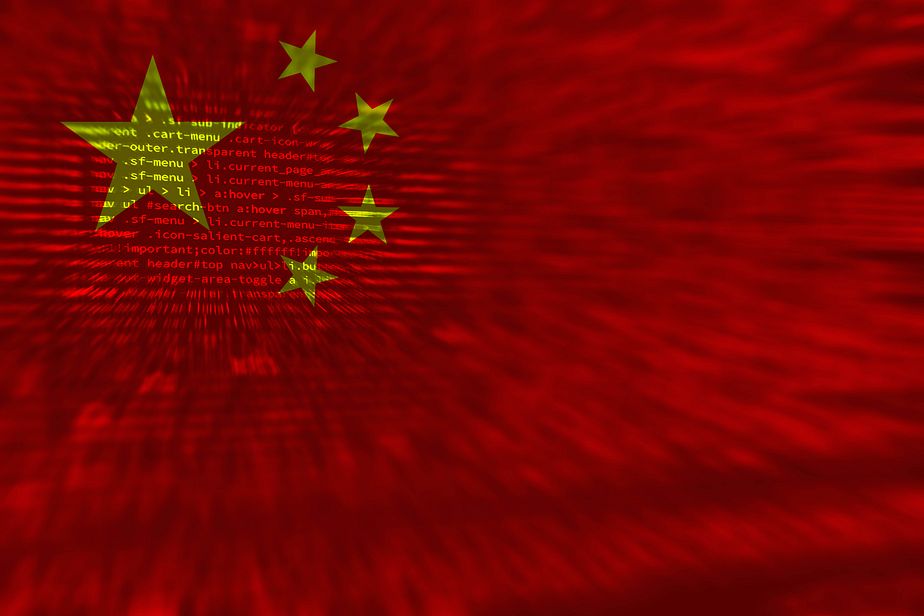With each day passing China’s fight with the US takes a new form and strategy. But not every fight that Beijing undertakes against its number one rival in the world is as dangerous and insidious as its alleged move to avoid launching strict action against Chinese criminal gangs despite their involvement in pounding the American and European society with illicit drugs like synthetic fentanyl.
In 2022, at least 70,000 US citizens aged between 18 and 35 died after taking fentanyl pills. In comparison, 71,000 people fell victim to the drug in 2021, a big jump from 57,000 deaths the year before, Asia Times said in its recent report. Fentanyl is a synthetic opioid which is used in the treatment of breakthrough pain, especially during cancer.
But drug lords and bootleggers sell it illegally as a recreational drug often by mixing it with heroin, cocaine, benzodiazepines, or methamphetamine. According to the University of Massachusetts’ UMass Chan MedicChinese drug lords’ illicit fentanyl trade al School, per milligram fentanyl is roughly 50 times more potent than heroin and 100 times more potent than morphine.
There are 160,000 and 400,000 chemical manufacturers and distributors in China, said Brookings in its latest report. Many of them operate without legal approval, others hide behind shell companies.Most of these chemical manufacturers can produce fentanyl, said Brookings. Since these synthetic drugs are cheap to make and sold on the internet, China based criminals sent them “by post, either directly to the US or through trafficking networks based in Mexico,” BBC said in its report.
In 2019, Chinese authorities launched a major crackdown against gangs engaged in fentanyl drugs business. Under international pressure, they even banned the production and sale of fentanyl and many of its variants four years ago. This resulted in a major decline in China’s illicit fentanyl trade.
Yet Chinese drug lords have not forgotten their trade in illicit drugs. According to NPR, Chinese criminals have tapped into online networks to source chemicals used in manufacturing the synthetic fentanyl.
If the US-based news outlet is to be believed, many Chinese networks involved in the business of illicit fentanyl drugs have quickly adapted to increased legal constraints by modifying their techniques to exploit loopholes in chemical restrictions and disguise their activities.
As for transportation of their consignments to different places in the US and Europe, these Chinese outlaws use subterfuge means like registering themselves as corporate entities, operating from far flung areas of the country, and ship their products from cities where screening measures are relaxed, said NPR in its detailed report.
Analysts feel that China can control the illegal trade and smuggling of fentanyl drug to foreign destinations from its soil, but due to lack of determination or ongoing trade and geopolitical tension with the US and Europe, it is not making determined efforts to end the menace of synthetic fentanyl in the country.
Brookings in its report also said Beijing mostly emphasizes that it cannot take actions against companies selling non-scheduled fentanyl precursors even when they are blatantly used by criminals and drug cartels. As a result, there is no end in sight for Chinese fentanyl drug pedlars facing harsh legal action in their own country.
Given the seriousness of the matter, the US authorities raised it with their Chinese counterparts several times since 2018. In fact, then US President Donald Trump called out China publicly. On August 20, 2018, he expressed his anger over China for pouring in illicit fentanyl drugs into America.
Tweeting about it, he wrote: “It is outrageous that poisonous synthetic heroin fentanyl comes pouring into the US (through) the post system from China. We can, and must, end this now! The Senate should pass the stop act—and firmly stop this poison from killing our children and destroying our country. No more delay!”
This year, the Biden administration on its part, launched a new publicity campaign against the drug under the slogan “One Pill Can Kill.” A television advertisement, produced on behalf of the Centre for Disease Control also launched a campaign against the deadly drug during the FIFA World Cup, under the slogan “Stop Overdose: Illegal Fentanyl.”
In these slogans, there was a message for China that it should act fast to deal with the problem of synthetic fentanyl which is killing Americans in thousands. But will Beijing act tough against the peddlers of deadly drugs? Brooking’s findings suggest that Beijing rarely acts against top gang leaders of the country’s criminal syndicates unless they specifically hurt the interest of the country’s Communist regime.
Also, unlike their counterparts in Latin America, Chinese criminal groups rarely resort to murder. Instead, they cultivate relationships with Chinese authorities and Chinese diplomats abroad by promoting China’s political, economic, and strategic interests. In the presence of such deep-rooted relations between criminals and Chinese authorities, it is hard to expect that Beijing will work sanely and toughly against merchants of death and destruction.
Chinese drug lords’ illicit fontanel trade turns US into a killing field

- Advertisement -
- Advertisement -
